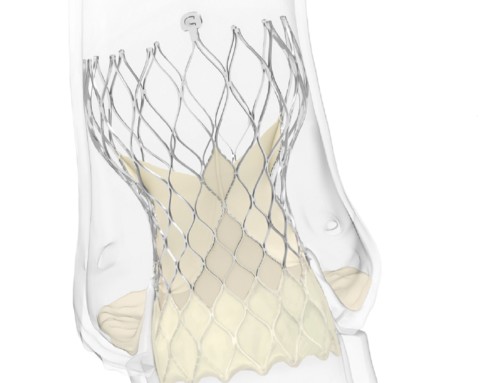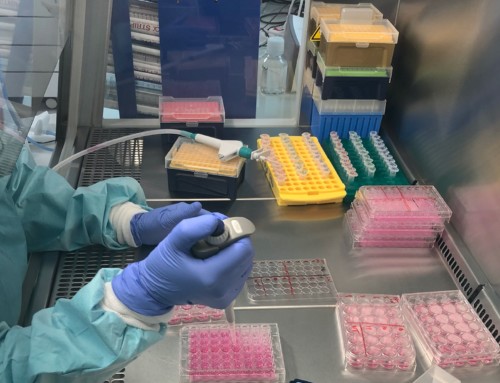
FDA approval—Proclaim XR (Abbott)
Abbott has received FDA approval for its Proclaim XR recharge-free neurostimulation system for people with chronic pain. A press release reports that the Proclaim XR platform offers a low dose of Abbott’s proprietary BurstDR stimulation waveform, which has been designed to mimic natural patterns found in the brain. A press release reports that the system works by using low doses of mild electrical pulses to change pain signals as they travel from the spinal cord to the brain. It adds that the delivery of lower doses of spinal cord stimulation helps extend the system/s battery life.
FDA approval—AI-Rad Companion Chest CT modules (Siemens Healthineers)
The FDA has cleared three modules of AI-Rad Companion Chest CT, a software assistant from Siemens Healthineers that is designed to bring artificial intelligence (AI) to computed tomography (CT). Representing the first intelligent assistant of the new AI-Rad Companion platform, AI-Rad Companion Chest CT helps radiologists interpret images of the thorax quickly with desired accuracy and precision, and automatically documents these findings as structured reports.
FDA PMA approval—Impella 5.5 with SmartAssist (Abiomed)
Abiomed’s Impella 5.5 with SmartAssist, has received US FDA pre-market approval (PMA) for safety and efficacy in the therapy of cardiogenic shock for up to 14 days. The Impella 5.5 with SmartAssist system is a temporary ventricular support device intended for short term (14 days) use and indicated for the treatment of ongoing cardiogenic shock that occurs immediately (< 48 hours) following acute myocardial infarction or open heart surgery or in the setting of cardiomyopathy.
FDA early feasibility study—Intrepid (Medtronic)
Medtronic has received FDA approval to begin an early feasibility study for its Intrepid transcatheter mitral valve replacement system using a minimally-invasive transfemoral access approach. A press release reports that this announcement builds upon primary endpoint outcomes of the Intrepid transcatheter mitral valve implantation (TMVI) clinical trial (APOLLO), which used the transapical approach and was published in the Journal of the American College of Cardiology (the first-ever trial approved by the FDA to evaluate the safety and efficacy of a TMVI system).





